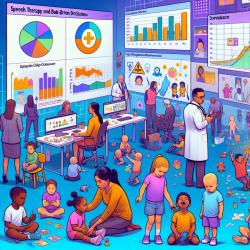Are you considering a career as a Licensed Professional Clinical Counselor (LPCC) in California? Understanding the licensing requirements and the role of an LPCC is crucial for your journey. In this blog, we'll break down the key aspects of becoming an LPCC and provide you with essential information to get started.
What is a Licensed Professional Clinical Counselor?
According to the California Business and Professions Code section 4999.20, a Licensed Professional Clinical Counselor is defined as:
"Professional clinical counseling†means the application of counseling interventions and psychotherapeutic techniques to identify and remediate cognitive, mental, and emotional issues, including personal growth, adjustment to disability, crisis intervention, and psychosocial and environmental problems.
In simpler terms, LPCCs use various counseling strategies to help individuals manage and overcome mental health challenges, promote personal development, and navigate life's difficulties.
Key Requirements for LPCC Licensure
To become an LPCC in California, you must meet several stringent requirements, which are comparable to those for Marriage and Family Therapists (MFTs) and Licensed Clinical Social Workers (LCSWs). Here's what you need:
- Possession of a 60-unit master's or doctorate degree in counseling or psychotherapy from an accredited or "approved†institution of higher education, including 13 required core areas of study.
- Completion of a minimum of 3,000 hours of post-degree supervised clinical experience, performed over two years prior to licensure, and continuing education hours for license renewal.
- Passage of the National Clinical Mental Health Counselor Examination (NCMHCE) and the LPCC California Law & Ethics Examination.
- Adherence to the American Counseling Association's Code of Ethics and recognized standards of practice, as regulated by California's Board of Behavioral Sciences.
Graduate Schools Offering LPCC Programs
Several reputable institutions in California offer LPCC programs to help you achieve your educational requirements. Some of these schools include:
- Azusa Pacific University
- California State University San Bernardino
- Loyola Marymount University
- University of La Verne
- University of Redlands
- University of San Diego
Choosing the right program is a critical step in your journey to becoming an LPCC. Be sure to research each institution to find the one that best fits your needs and career goals.
Why Become an LPCC?
Becoming an LPCC allows you to make a significant impact on the lives of individuals facing mental health challenges. As an LPCC, you'll have the opportunity to work in various settings, including schools, private practices, and community organizations, providing much-needed support and guidance to those in need.
For more information, please follow this link.










